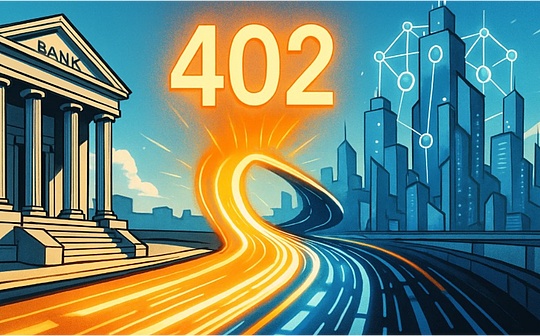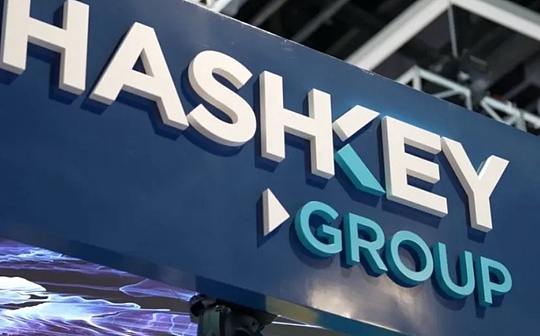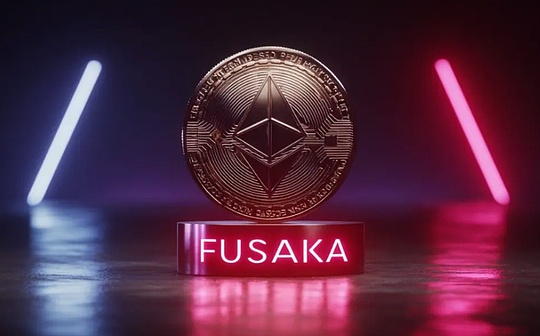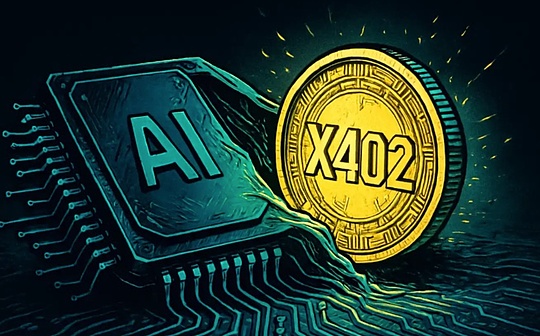
Source: TAXDAO
The new regulations of the European Union may soon force the decentralized finance (DEFI) agreement to make difficult decisions. The main reason for this choice is that many DEFI protocols tend to have centralized front -end and intermediaries.
The EU’s MICA will take effect at the end of 2024. The regulations will require the DEFI agreement to comply with the same license as traditional financial service companies and the requirements of your customers (KYC) -this is what many DEFI agreements may not be or unwilling.
Rune Christensen, co -founder of MakerDao, said: “Only completely decentralized, localized, downloaded the front -end or complete KYC online front end can be realized.”This allows the DEFI agreement to face a choice: either to a certain extent to a certain degree of “Hyfi” (Hyfi) model to comply with EU regulations, or completely decentralized.
1. “Real” DEFI is not subject to Mica
In the actual European Union regulations, the complete decentralized agreement is not restricted by MICA requirements. As described in Article 22: “If an encrypted asset service is fully decentralized, and no intermediary agency is required, it does not need any intermediary agency.The scope of applicable to these regulations. “
The lawyer and partner of Völkel Law Firm Oliver Völkel deeply studied the European Union’s supervision of encrypted assets.He pointed out that the direct problem brought by MICA is: “No intermediary” and “completely decentralized method” mean?
He said: “Smart contracts for providing encrypted asset services itself are not even suitable for creating exclusive decentralized appearances.”The company can use smart contracts to provide encrypted asset services in its own name. Völkel summarizes that in this case, smart contracts are just a tool used by the company.Only natural people and legal persons can have rights and obligations, make and accept legal statements, provide and accept services, and become objects of law or under the supervision of bills such as MICA.
However, Vklkel believes that EU legislators correctly realize that “if you can fully decentralize and do not access encrypted asset services through intermediary agencies, the aforementioned situation does not exist.”
As Mica will take effect at the end of 2024, the DEFI agreement operating in Europe will have to decide whether to completely decentralize, effectively avoid supervision, or apply KYC measures like any other centralized companies that provide financial services.
2. Does DEFI split?
Nathan Catania, a partner of Xreg Consulting (a consulting company specializing in crypto asset supervision), claims that a new wave of regulatory waves may split the industry: “Supervision represents a bifurcation intersection faced by many DEFI projects. They either accept decentralizationTo further break through the scope of supervision, either accept certain supervision required according to its specific model and move towards a more mixed financial state. “In his opinion, “for those who really accept decentralization, MICA and other regulations will draw a clearer boundary.”This new set of rules will clearly explain how to build a truly decentralized application to meet the regulatory requirements.
In fact, many DEFI protocols must carefully examine their business methods to ensure that its platform truly achieves decentralization and will not violate the law.Catania suggested that they thoroughly evaluate the regulations and cooperate with the state regulatory agency to ensure that they are protected under possible circumstances.
The DEFI industry can implement a variety of changes to ensure decentralization. The most important of which is the decentralization of the front end of the website.The decentralized network custody involves the use of advanced encryption technology to deploy the website on the P2P server.
URBIT is an open source P2P decentralized personal server platform. Its deputy executive director Thomas Kroes explained that decentralized hosting provides protection for front -end services because they cannot be closed.He said that even Urbit could not delete the content on the node when necessary.
But no matter which path is selected, supervision exists.
Decentralized advocates may soon see that DEFI transforms things closer to traditional finance, and traditional finance is the industry they want to subvert.Will this industry flourish in the decentralized digital world?Or will the potential capital injection of traditional market promoters change the industry?








